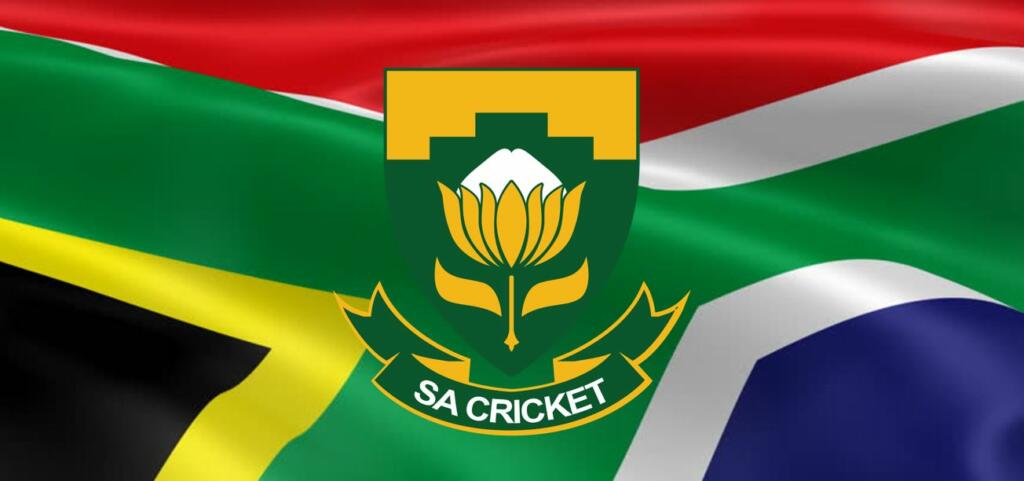Once home to players like Dale Steyn, Morne Morkel, Jacques Kallis, AB De villiers, Graeme Smith; South Africa now looks like a pale shadow of its glorious pasts. The diminishing status of the South African Cricket team owes its roots to the ‘reservations’, the dreaded anti-merit system.
South Africa-A ‘quota’ paradise
Once a world number one team in all formats, the country is at number 6th position in the Tests and number 5th in both One-days and T20s. The quota system in team selection is one of the biggest reasons for this decline.
According to the rules implemented by Cricket South Africa, at least six players of non-white background have to be included in the playing eleven of any cricket team which is administered by the board. Out of these six non-white players, the teams have to compulsorily select two black players in the team. Apparently, this leaves very few spots for the selectors to select the players on the basis of individual merit. This in turn leads to a decline in the quality of players’ pool available for the selection.
Arguments for quotas
The supporters of the quota system argue that South Africa has been an inherently racist country against blacks. From 1994 to January 2020, as many as 85 players had played test cricket for South Africa. Out of those 85, the participation rate of white ethnic players comprises nearly 2/3rd of them, i.e. 57 in total. The supporters of the quota system point out this disparity as proof of anti-black racism in the country.
Quota – But not over merit, say the supporters
However, the people opposing the quota system point out that merit should be the central tenet of any sport and not a quota. They point to the exodus of white players from the country as proof. Kevin Pietersen, the maverick English cricketer had left the country at the age of 19, to seek opportunity in England. Similarly, world-class players like Jacques Rudolf, Kyle Abott, Morne Morkel, and others have rescinded the country in the hopes of better opportunities abroad.
Quota – a question mark on individual merit
Makhaya Ntini, one of the most successful black African cricketers to emerge from the system has criticized the quota system saying that it devalues individual achievement. Commenting on the merit-based selection, he said-“That is the best way to go. Then you are not getting selected for the sake of a number, you are selected on merit because you deserve it. That’s number one. Then the word quota cannot be used. Then when you are selected you are given the same power. That word ‘quota’ on its own is sensitive; it gives you a question mark on everything you are achieving.”
South Africa, racism and quota – A 70-year long story
For the major part of the 20th century, blacks were not allowed to participate in test cricket. Due to this policy, South Africa was snatched the status of a cricket-playing nation in 1970. Though it came back in the 1992 world cup, its performance was up to the mark in the international arena. However, the quota system initially did not hit the system hard, as it was loosely applied by the team and in 2007; it was even rescinded by the board.
Though the quota system was not strictly applied, captains had a hard time dropping non-white players from the team in spite of their poor performances. Graeme Smith faced a similar situation in the 2007 world cup when he had to conduct a long meeting with the board to keep Ntini out of the team in a match against England. Similarly, the infamous semifinal of the 2015 world cup was hit by controversy, when it was alleged that Kyle Abott, the ODI specialist was replaced by Vernon Philander, the test specialist for the match. Philander’s selection was mainly attributed to the board’s intervention to secure a black player in the playing eleven.
Meritorious players leaving the country due to quota
After 2016, the quota system was strictly applied in the game. This antagonized the players and now they started to drift towards England and other countries. Morne Morkel and Johan Botha are now Australian citizens, while Kyle Abott, Simon Harmer, and Duanne Olivier now ploy their trade in England. David Wiese, a stalwart South African all-rounder is playing from Namibia in 2021 T20 world cup. A total of 8 South Africa born players are playing for different teams in this world cup.
Non-white need training, not the lower standards
Black comprise more than 70 percent of the South African population, while whites comprise nearly 8 percent. In spite of racial quotas, white players have constantly upped their games and have kept their team on top for most of the time. On the other hand, in spite of comprising 70 percent of the population , the blacks have not been able to perform up to their expectations. Certainly, players like Kagiso Rabada, Vernon Philander, Makhaya Ntini have been big names, but their rise owes mainly to meritocratic selections rather than quota-based.
In the current victimhood-based world order, being a victim is promoted as a virtue while being meritorious takes a backseat when it comes to grabbing public opinion. This is because; the politicians who rose to power by promising to provide infrastructural facilities to the otherwise downtrodden did not fulfill their promises. The infrastructure would have provided everyone an equal shot to hit the target. Instead of this, they ended up lowering the standard for success.
